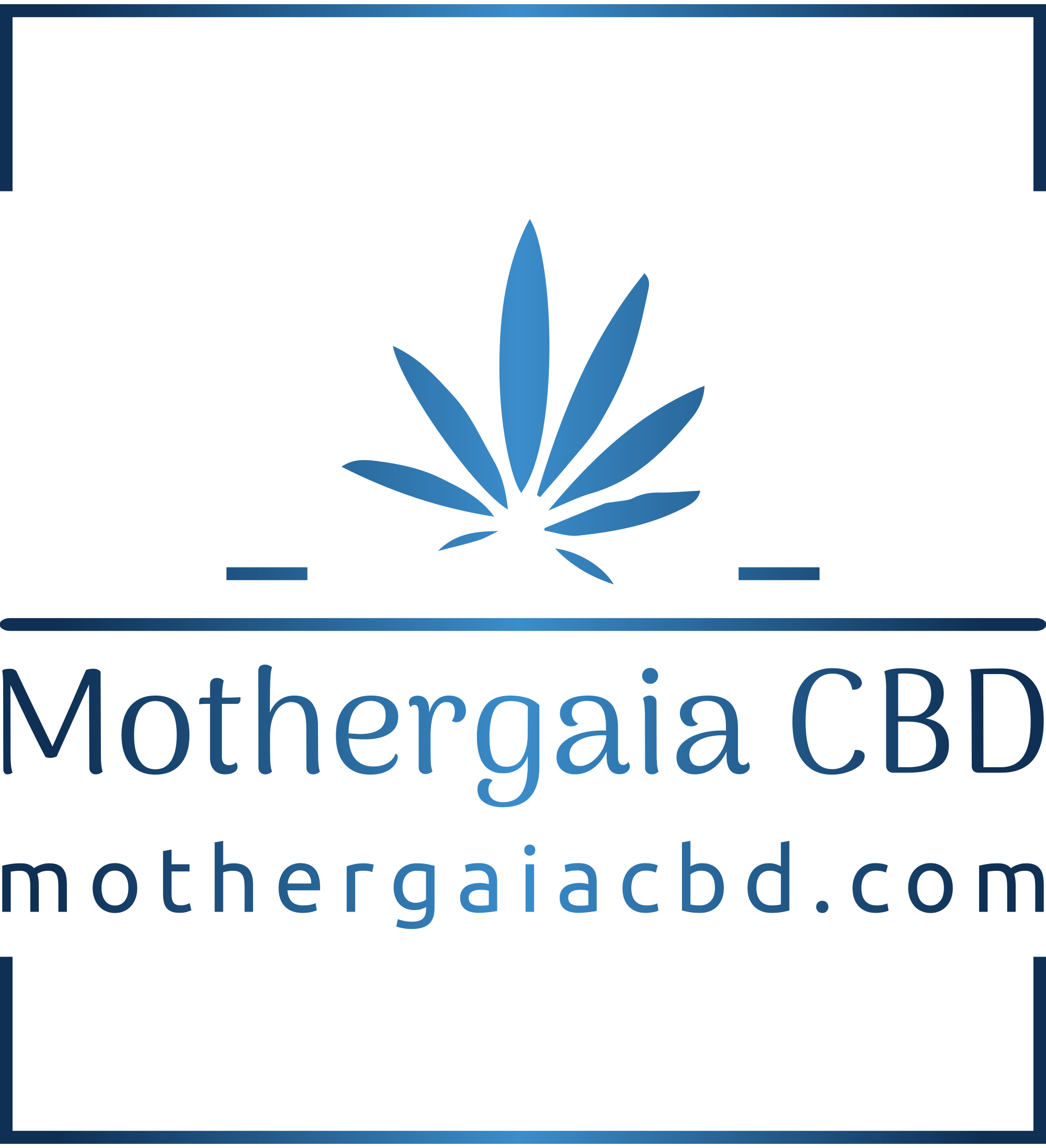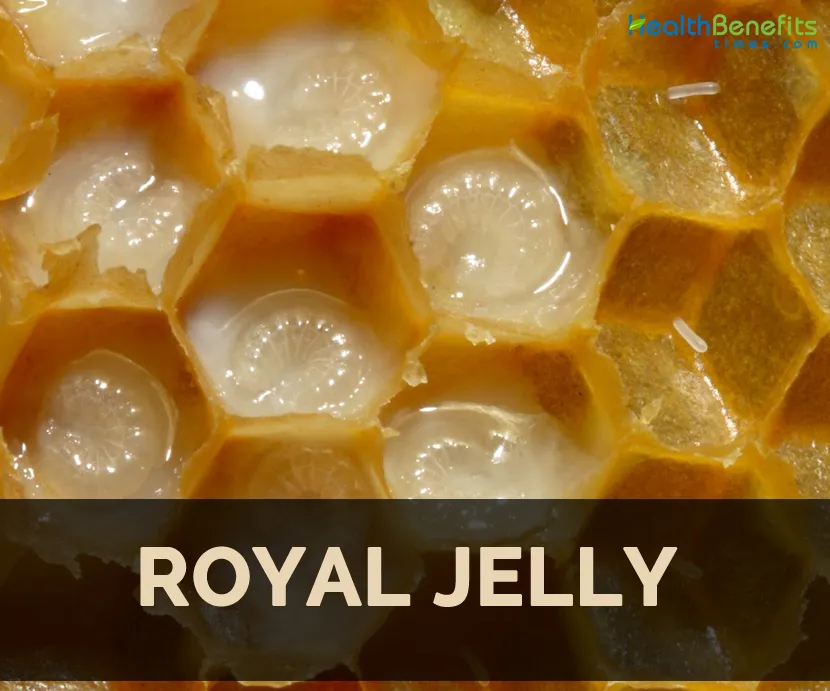Introduction
Royal jelly, often referred to as nature’s superfood, is a nutrient-rich substance secreted by worker bees to feed bee larvae and the queen bee. It has been treasured for centuries for its purported health benefits and is commonly used in traditional medicine. In recent years, scientific research has delved into the potential therapeutic properties of royal jelly, uncovering a plethora of health benefits. In this comprehensive guide, we will explore twelve potential health benefits of royal jelly, backed by scientific evidence and traditional wisdom.
What is Royal Jelly?
Royal jelly is a thick, milky-white secretion produced by worker bees, specifically for the nourishment of the queen bee and developing larvae. It is synthesized in the hypopharyngeal glands of young worker bees and is composed of water, proteins, sugars, lipids, vitamins, and minerals.
Nutritional Composition of Royal Jelly
Royal jelly is nutritionally dense, containing essential amino acids, vitamins (such as B-complex vitamins and vitamin C), minerals (including calcium, magnesium, potassium, and zinc), enzymes, and various bioactive compounds. Its precise composition can vary depending on factors such as bee species, geographical location, and environmental conditions.
Antioxidant Properties
One of the most well-studied benefits of royal jelly is its potent antioxidant activity. Antioxidants help neutralize harmful free radicals in the body, which are implicated in various chronic diseases and aging processes. Royal jelly contains antioxidant compounds like flavonoids, phenolic acids, and enzymes that may help protect cells from oxidative stress and damage.
Anti-Inflammatory Effects
Chronic inflammation is associated with numerous health problems, including cardiovascular disease, diabetes, and autoimmune disorders. Royal jelly has demonstrated anti-inflammatory properties in several studies, potentially attributed to its bioactive compounds like 10-Hydroxy-2-decenoic acid (10-HDA) and adenosine. These compounds may help modulate inflammatory pathways and alleviate inflammation-related symptoms.
Immune System Support
Royal jelly contains antimicrobial peptides and immunomodulatory compounds that may enhance the body’s immune response. Studies suggest that regular consumption of royal jelly may boost immune function, helping to defend against infections and promoting overall health.
Skin Health and Anti-Aging Benefits
For centuries, royal jelly has been prized for its purported skin-rejuvenating properties. It is commonly used in cosmetics and skincare products due to its moisturizing, anti-aging, and wound-healing effects. Royal jelly’s rich nutrient profile, including amino acids and vitamins, supports collagen production, skin hydration, and elasticity, helping to maintain youthful-looking skin.
Potential Anti-Cancer Properties
Emerging research indicates that royal jelly may possess anti-cancer properties, though further studies are needed to fully elucidate its mechanisms and efficacy. Some studies have suggested that royal jelly extracts could inhibit the growth and proliferation of cancer cells, potentially through apoptosis induction, anti-angiogenic effects, and modulation of cancer-related signaling pathways.
Cardiovascular Health
Royal jelly may benefit cardiovascular health through various mechanisms, including its antioxidant and anti-inflammatory properties. Studies suggest that royal jelly consumption may help lower blood pressure, improve lipid profiles (such as reducing LDL cholesterol and triglycerides), and enhance vascular function, thereby reducing the risk of heart disease and stroke.
Brain Health and Cognitive Enhancement
Several bioactive compounds found in royal jelly, such as 10-HDA and royalactin, have shown potential neuroprotective effects in preclinical studies. Royal jelly supplementation has been associated with improved cognitive function, memory enhancement, and neurogenesis in animal models. These findings suggest that royal jelly may hold promise for supporting brain health and potentially mitigating neurodegenerative disorders like Alzheimer’s disease.
Fertility and Reproductive Health
In traditional medicine, royal jelly has been used to support fertility and reproductive health. While research in this area is limited, some animal studies have suggested that royal jelly supplementation could enhance sperm quality, ovarian function, and reproductive outcomes. However, human studies are needed to validate these findings and determine the optimal dosage and duration of royal jelly supplementation for fertility benefits.
Managing Diabetes
Preliminary research suggests that royal jelly may offer benefits for individuals with diabetes or at risk of developing the condition. Animal studies have shown that royal jelly supplementation could improve insulin sensitivity, reduce blood glucose levels, and protect pancreatic β-cells from damage. These findings indicate that royal jelly may have potential as an adjunctive therapy for managing diabetes, although clinical trials are necessary to confirm its efficacy and safety in humans.
Allergy Relief
While royal jelly is derived from bee products and may pose a risk of allergic reactions in susceptible individuals, some research suggests that it could also have anti-allergic properties. Studies have reported that royal jelly may help alleviate allergic symptoms by modulating immune responses, reducing histamine release, and suppressing inflammatory mediators. However, individuals with known bee product allergies should exercise caution and consult with a healthcare professional before using royal jelly.
Weight Management
Limited research suggests that royal jelly may have implications for weight management and metabolic health. Animal studies have indicated that royal jelly supplementation could reduce body weight gain, adiposity, and improve metabolic parameters such as lipid profiles and insulin sensitivity. Further clinical research is warranted to explore the potential role of royal jelly in weight management and obesity prevention in humans.
Safety and Side Effects
Royal jelly is generally considered safe for most people when consumed in moderate amounts. However, allergic reactions, including anaphylaxis, have been reported in some individuals, particularly those with bee product allergies. Additionally, royal jelly may interact with certain medications or pose risks during pregnancy and breastfeeding. It’s essential to consult with a healthcare provider before using royal jelly, especially if you have underlying health conditions or are taking medications.
FAQs
Can royal jelly be used topically for skin benefits?
Yes, royal jelly is commonly incorporated into skincare products for its moisturizing and anti-aging properties. It can be applied directly to the skin or found in creams, serums, and masks.
Is royal jelly safe for children?
While royal jelly is generally safe for adults, its safety in children has not been well studied. It’s best to consult with a pediatrician before giving royal jelly to children.
How should royal jelly be consumed?
Royal jelly is available in various forms, including fresh, freeze-dried, capsules, and liquid extracts. It can be consumed orally as a dietary supplement or added to foods and beverages.
Can royal jelly help with hair growth?
Some anecdotal evidence suggests that royal jelly may promote hair growth and improve hair health. However, scientific research on this topic is limited, and more studies are needed to confirm its efficacy for hair-related benefits.
Is royal jelly suitable for vegans?
No, royal jelly is not considered vegan-friendly as it is a bee product produced by worker bees.
Can royal jelly cure diseases?
A6: While royal jelly shows promise for various health benefits, it is not a cure for diseases. It should be used as part of a healthy lifestyle and in conjunction with medical treatments as needed.
Conclusion
Royal jelly is a remarkable natural substance with diverse potential health benefits, ranging from antioxidant and anti-inflammatory effects to skin rejuvenation and immune support. While research on royal jelly is ongoing, its traditional use and emerging scientific evidence highlight its value as a nutritional supplement and functional food. However, it’s essential to use royal jelly responsibly, considering individual health status, allergies, and potential interactions with medications. Consultation with a healthcare professional is advised before incorporating royal jelly into your health regimen.
- Retinol Peel Kingston Upon Thames For Deeper Skin Exfoliation - June 7, 2025
- Troubleshooting Vista Edge Vape Power Issues - June 6, 2025
- Obagi Nu-Derm System For Sensitive Skin Care In Kingston Upon Thames Surrey London - June 6, 2025

